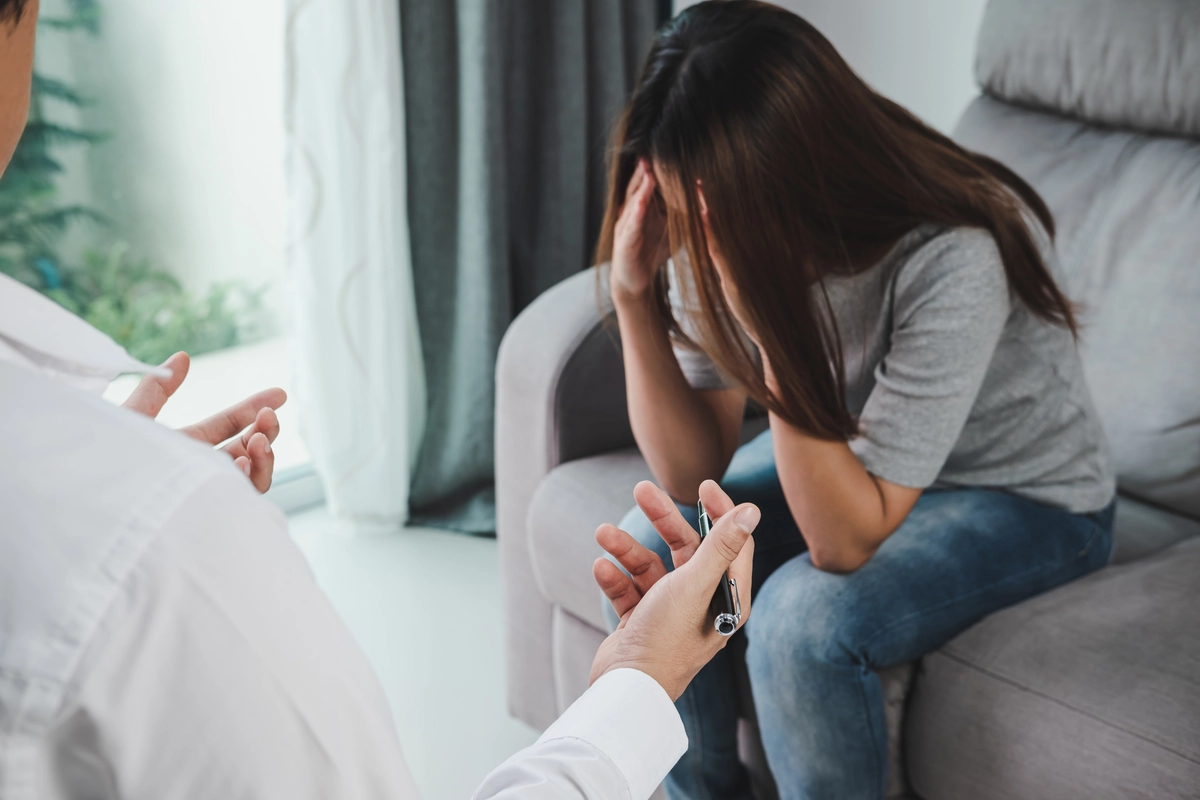24/7 Helpline:
(866) 899-221924/7 Helpline:
(866) 899-2219
Learn more about Bipolar Disorder Treatment centers in Eustis
Bipolar Disorder Treatment in Other Cities

LifeStream Behavioral Center
LifeStream Behavioral Center meets the behavioral healthcare needs of Lake and Sumter County residen...

LifeStream Behavioral Center – LAKE Academy
LifeStream Behavioral Center - LAKE Academy provides both academic and therapeutic services to child...

Next Step Village – Eustis
Next Step Village is a private organization located In Eustis, Florida. Next Step Village provides s...








Other Insurance Options
Beacon

Choice Care Network

Health Choice

Kaiser Permanente

Regence

State Farm

Multiplan

EmblemHealth

American Behavioral

Horizon Healthcare Service

Medical Mutual of Ohio

Providence

CareSource

Health Partners

Ceridian

Humana

Aetna

Holman Group

Premera

ComPsych